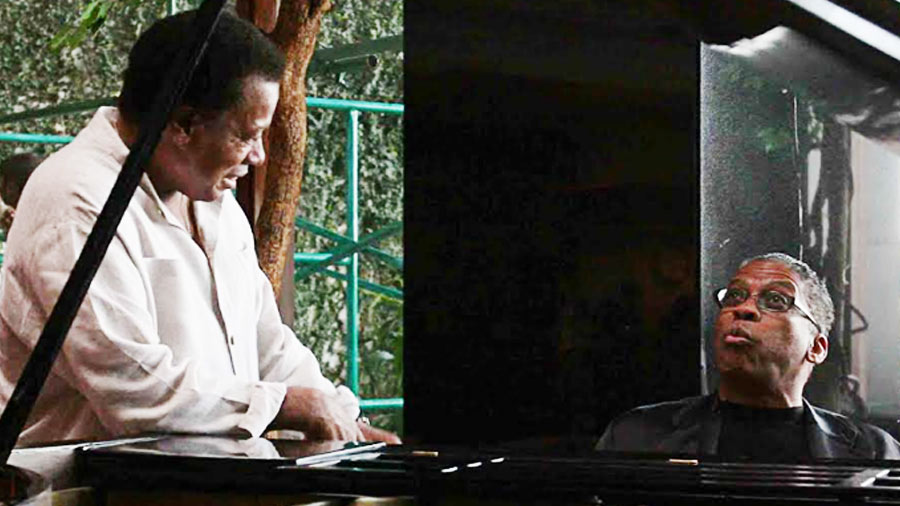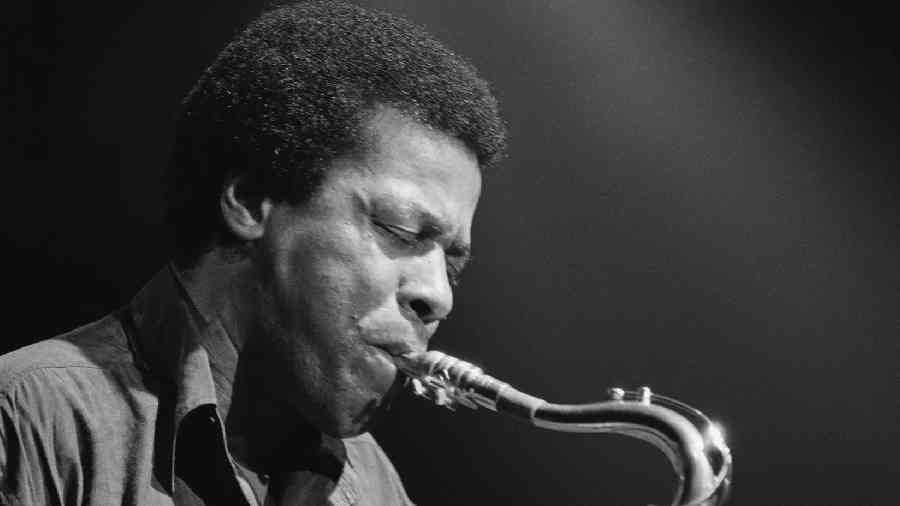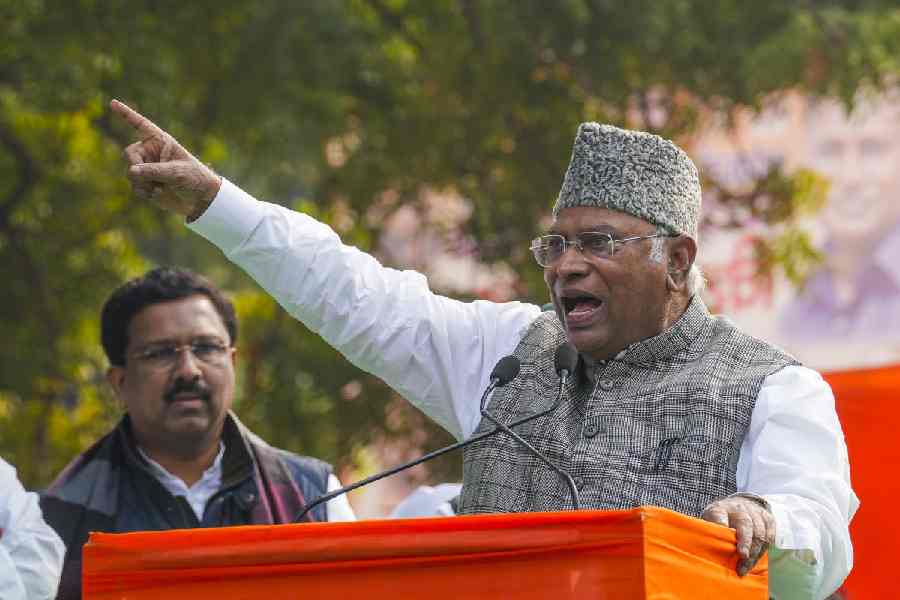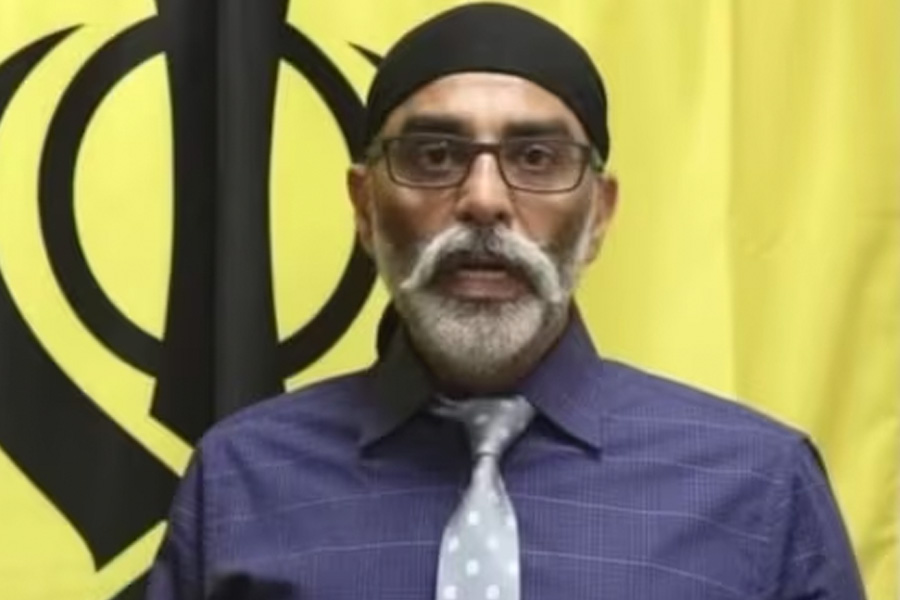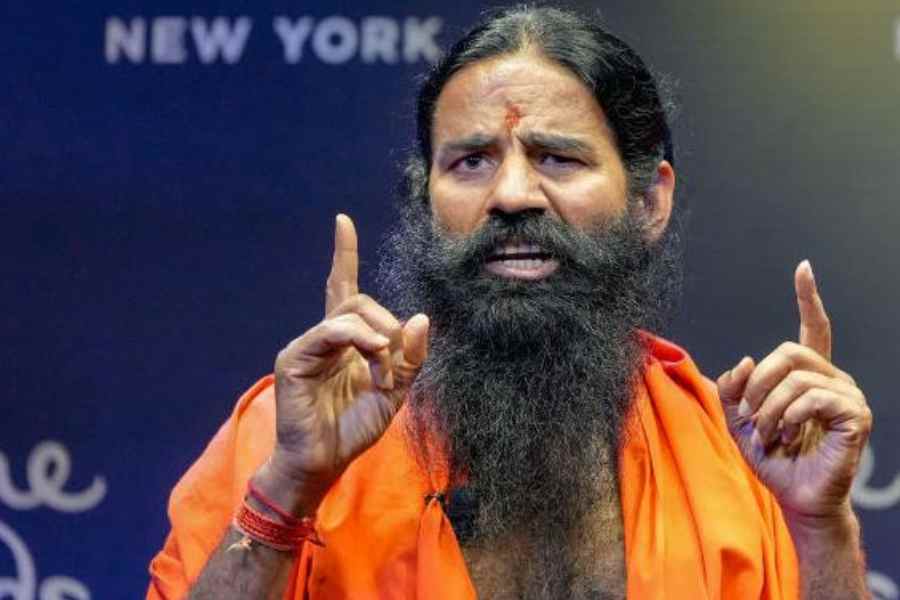About four and a half minutes into A Remark You Made, it’s Jaco Pastorius’s fretless bass that opts for a detour of the main tune which he had been driving anyway. Wayne Shorter, till then the soloist on centrestage amid Joe Zawinul’s myriad tonal inflections on the keys, follows him. He plays alongside Jaco’s extended meanderings, all the while careful not to be strident. The tune acquires another dimension. The melancholic overtone takes on a symphonic flourish but is magically restrained so as not to subsume the primary emotion.
That’s what Shorter does. Boundaries are extended. And then obliterated, as though they didn’t exist in the first place. He did that with Miles Davis, and years later, with Weather Report, the jazz-rock “funkadelic” ensemble he founded with Zawinul in the 1970s. In the universe of music, he was the sage of the saxophone, on stage and in the studio. In life, he was the compulsive explorer in search of the limitless possibilities that await a seeker, innovator.
For me, listening to his music, and later miraculously meeting him and his dear friend Herbie Hancock helped lock that never-ending circle, just like the journey of a soloist in a jazz ensemble. The tune opens up a path which the soloist follows and in doing so signs up for that invisible covenant of service. In service of the song. In the moment.
In January 2007, the two were in Mumbai. They had been chaperoning a bunch of youngsters from the Thelonious Monk Institute of Jazz in Los Angeles. One evening, there was a concert. They all played. I met them in the morning, the day before the gig. It was meant to be a 15-min tete-a-tete, but went on for a little less than an hour.
Seeing that I was carrying my vinyl of Black Market, the Weather Report album preceding Heavy Weather of which Remark is the second track, the two opened up about their music and inspirations. Most of all, they shared anecdotes about The Man with the Horn too. A reprise.
On John McLaughlin’s description of Miles as ‘the Picasso of the jazz world.’
Wayne Shorter: Oh, John said that? I remember I was late one time to Newport. Coming from Stockholm, the plane had trouble, landed late. Singer Maxim Sullivan and myself … we were walking up the stairs to the bandstand. And Miles was coming down. We shook hands and there was money in his hand. And he left the money in my hand and he kept going… Then, he said, ‘I know.’
On the time when he was robbed.
My horn was stolen one time from a locked Limousine. They stole it and re-locked it! Miles came, looked at everything and declared: ‘professionals.’ He took out his wallet and gave me some money. ‘Get a new horn,’ he said. Three or four programmes later when I had the money, I walked up to him to pay him back and he went: ‘Uh, Uh?’
On forming Weather Report.
Joe Zawinul was leaving Cannonball (Adderley) and I had left Miles. So, we were talking on the phone about starting our new bands when we said why not do something together. We had some rehearsals and we started.
On Jaco joining the band.
He came later. We went to hear him play in Florida. Then when we were leaving the theatre, he was running down the street behind us saying: ‘I heard you guys were looking for me?’ You Jaco Pastorius, we asked. And he went: ‘I am the greatest bass player in the world!’ So we said yeah, you must be bad!
On the album Phantom Navigator which had four keyboards and an array of drum machines. And not caring about record sales.
I wanted to get certain harmonic experiences that you don’t get to hear every day on record _ even though I knew this record would not be marketed all over the world. I knew we would at least get these documented… a kind of harmonic mosaic. Like Beethoven’s Neapolitan sixth chord! It’s another matter that when the pop musicians get hold of a new chord, they run that to the ground. You hear it in 15,000 records! So Phantom Navigator was about that. I said I don’t care about record sales, but let’s just document it.
On being inspired by.
The uncertainty of the present day as it unfolds.
On the need for collaboration and exploration.
As Miles said, ‘I am not what I do. I do what I am’.
Years later, the Miles enigma is still unravelling. Weather Report has been followed, studied. Musical horizons broadened. Yes, I am in a much better place now to grasp the true import of what Miles meant when he described Shorter the way he did in his autobiography: “If I was the inspiration and wisdom and the link for this band, Tony (Williams) was the fire, the creative spark; Wayne (Shorter) was the idea person, the conceptualizer of a whole lot of musical ideas we did; and Ron (Carter) and Herbie (Hancock) were the anchors. I was just the leader who put us all together. Those were all young guys and although they were learning from me, I was learning from them too, about the new thing, the free thing.”
No wonder Shorter’s playing has been described as “elliptically elegant”, his improvisations pushing him to the “borders of freedom”. Not many can reach there. His genius was that he was also able to hold out his hand for those that wanted to. He knew no fear. His explorations were grounded in innovation, his mind always in tune with his heart. And it beats on.

